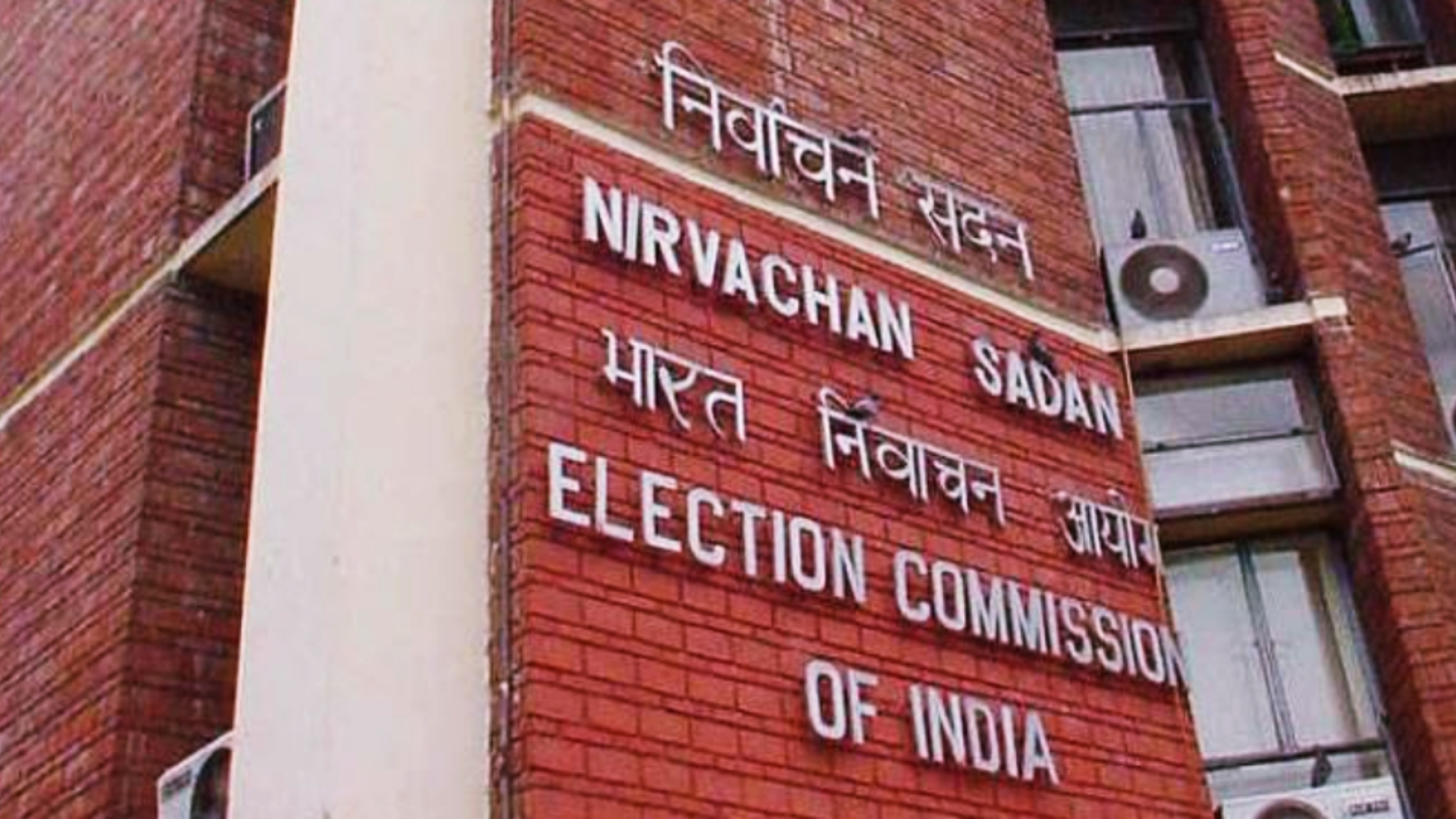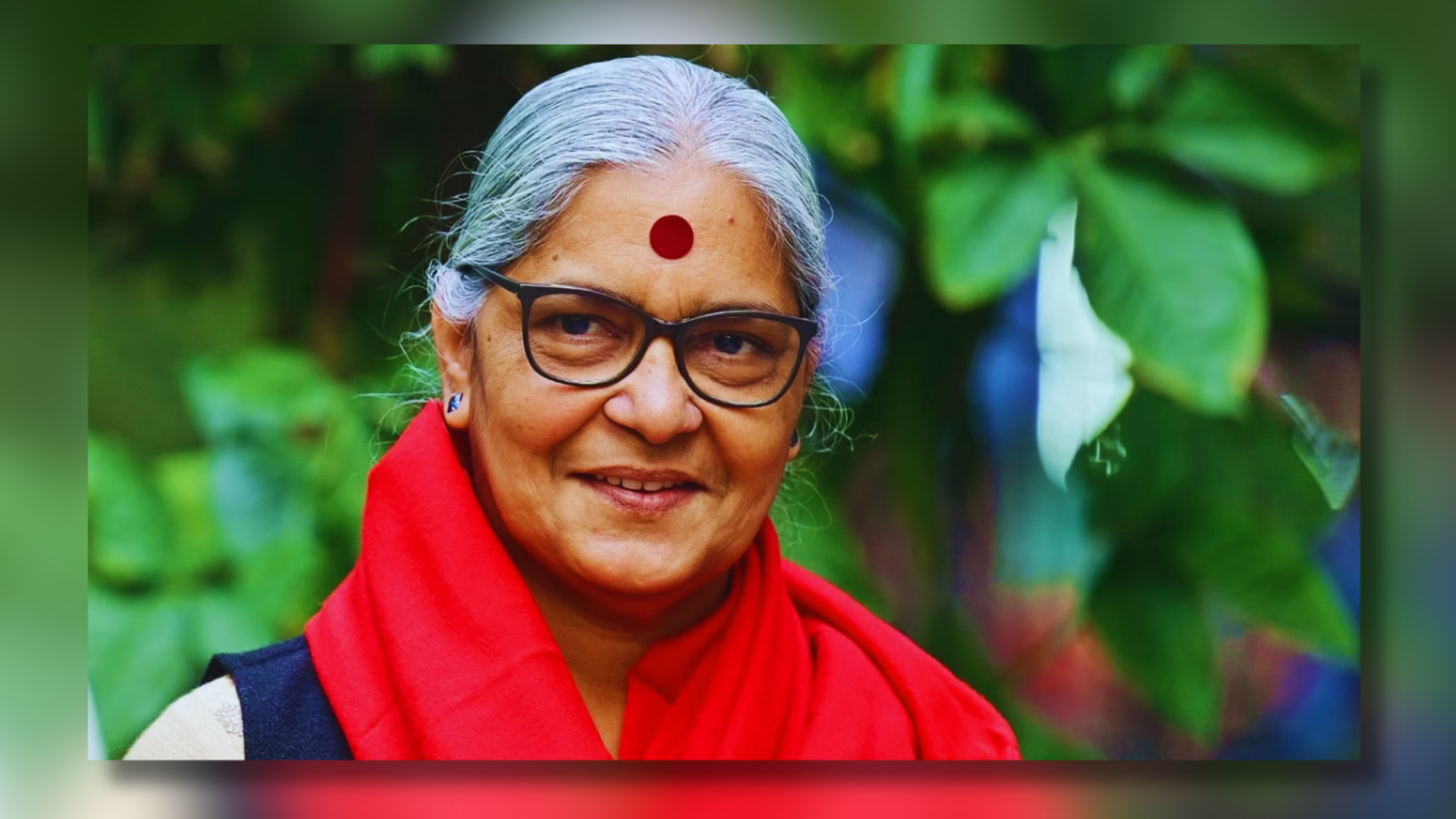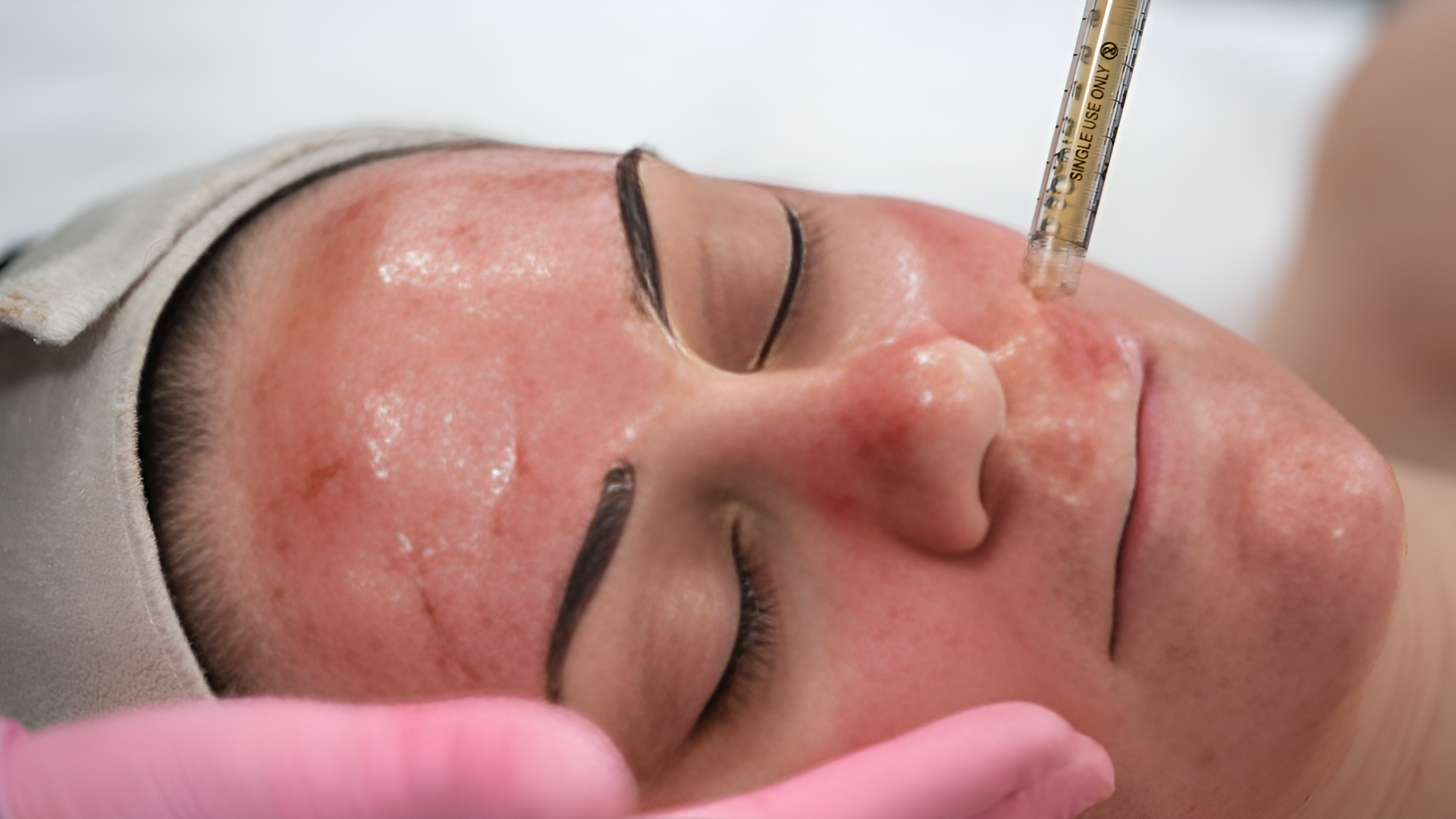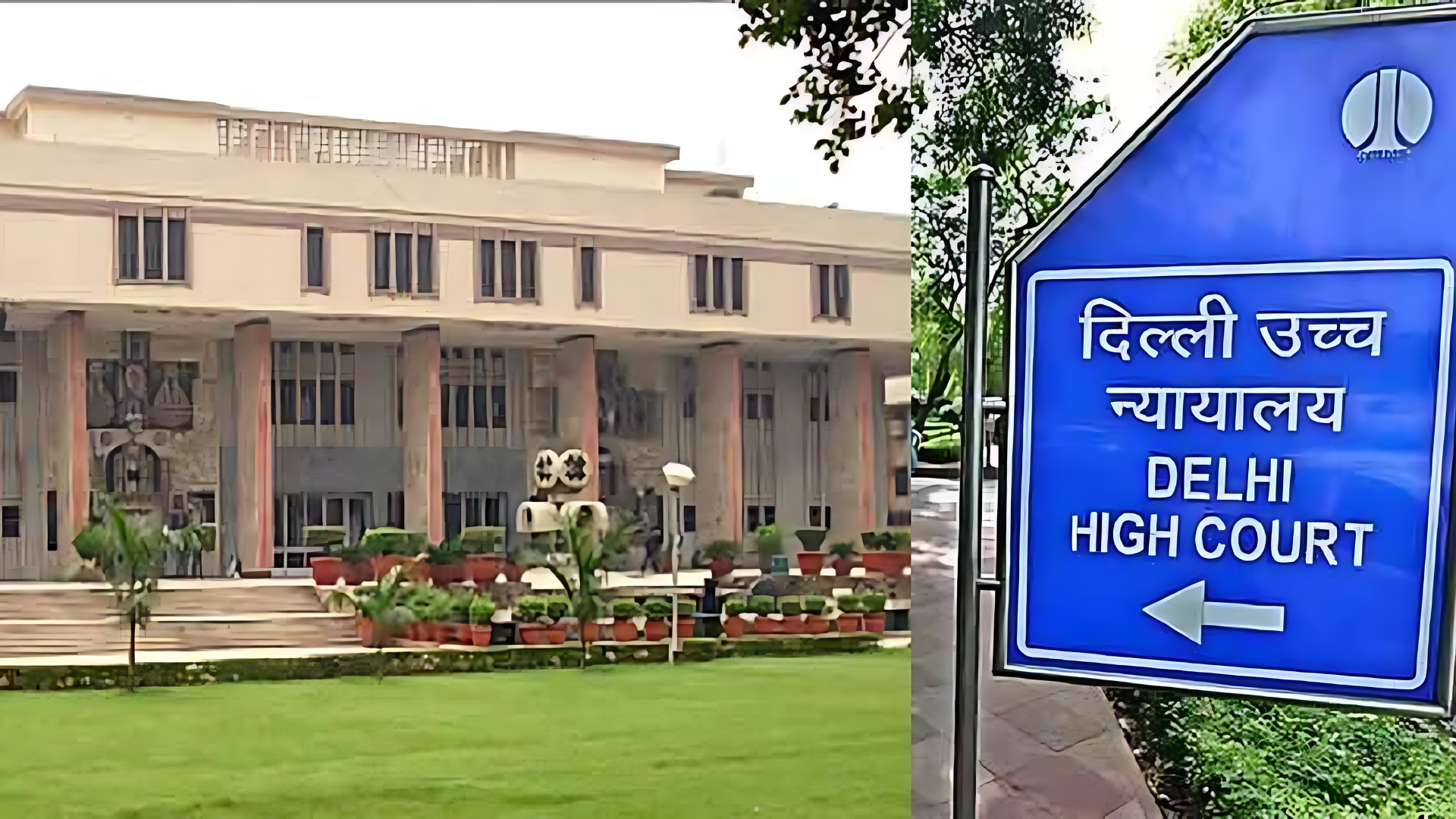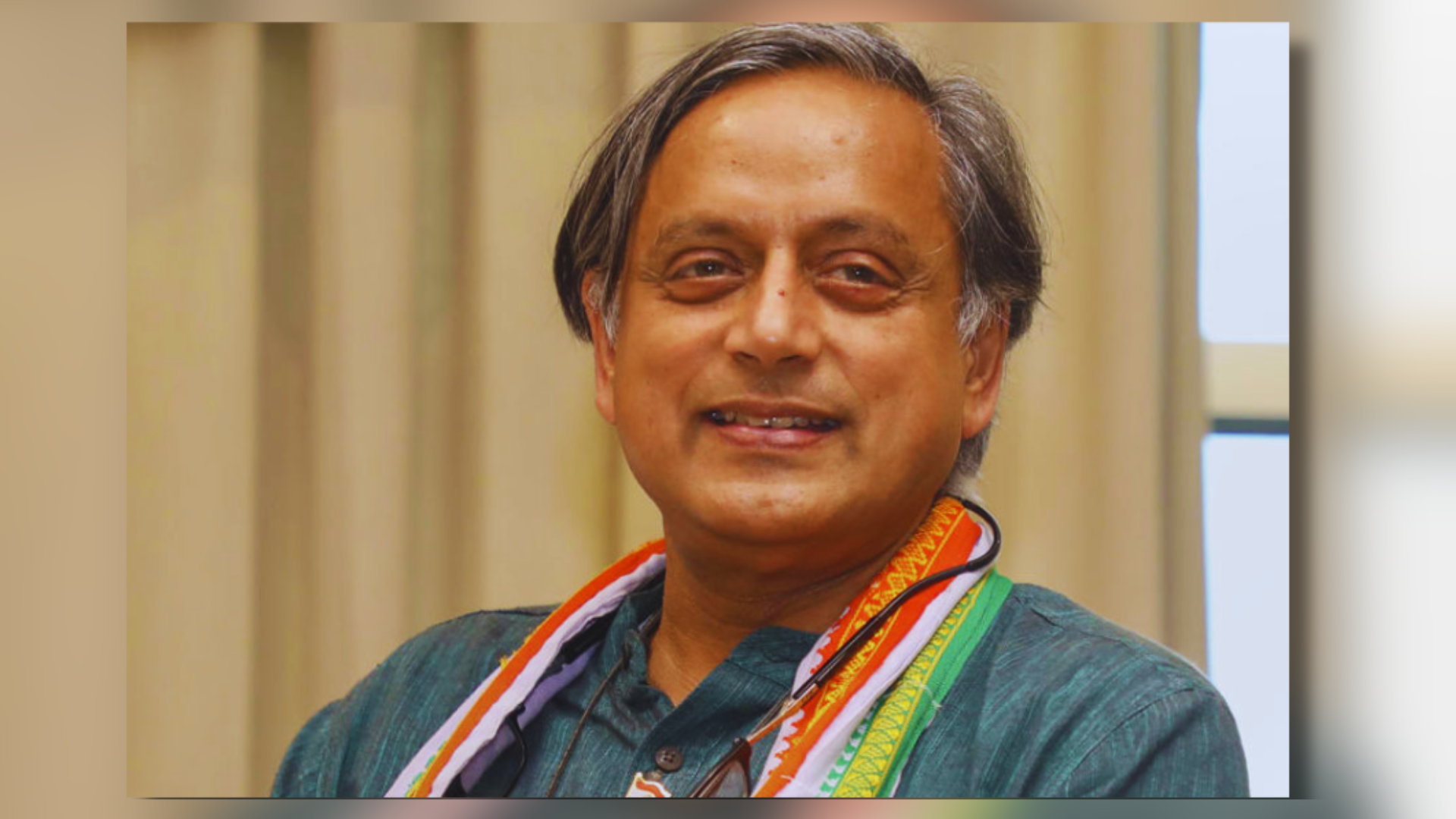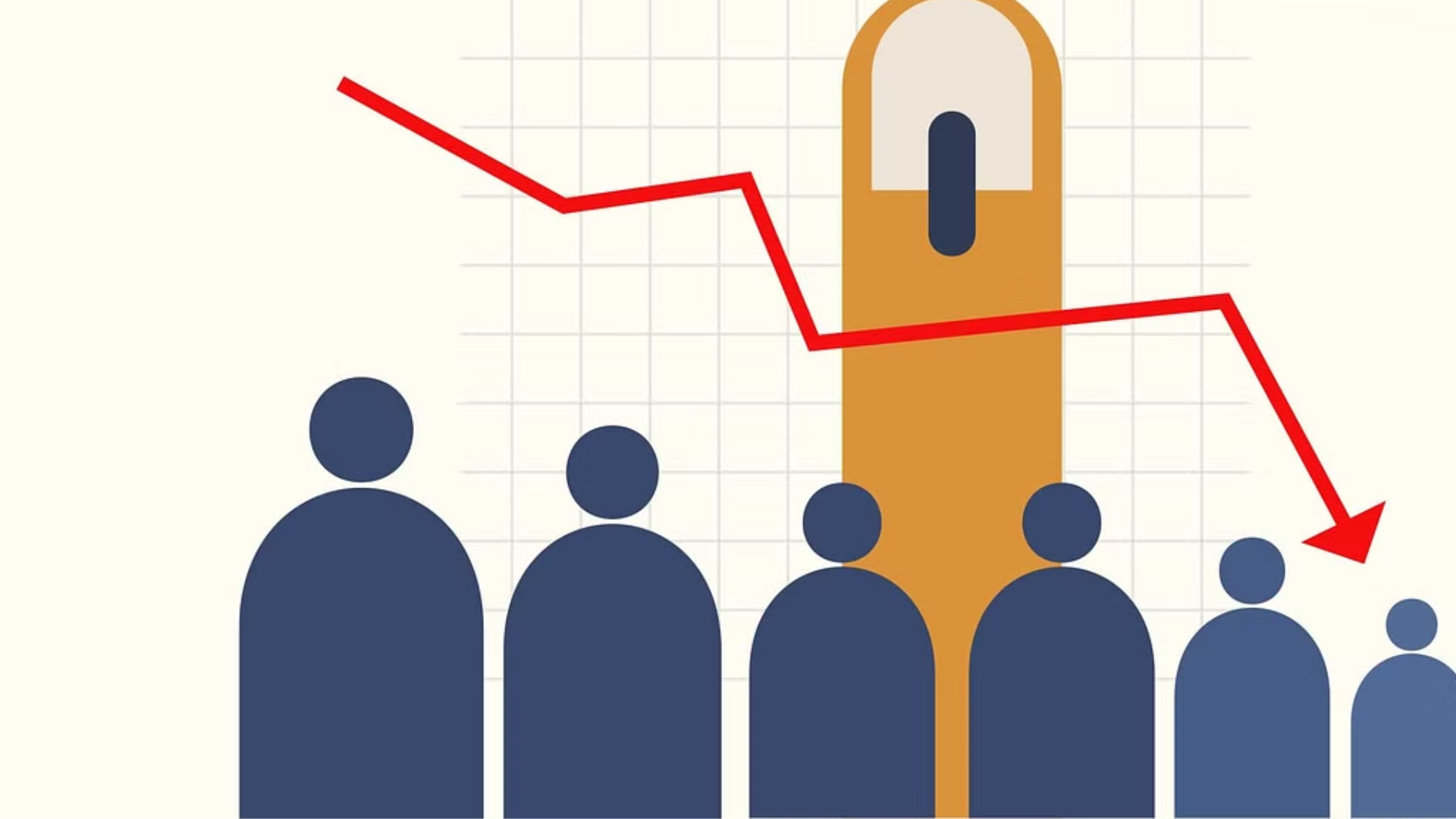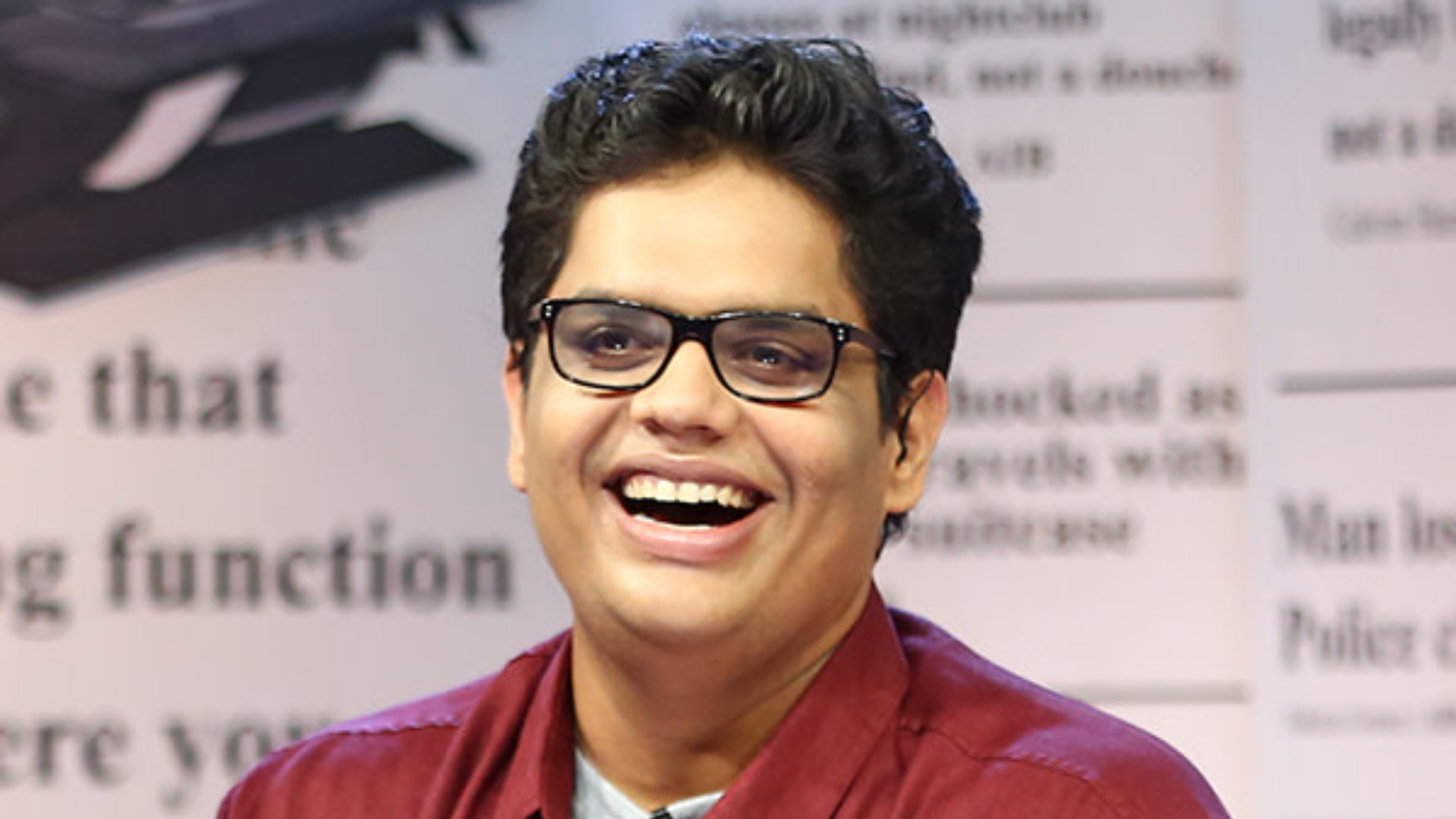


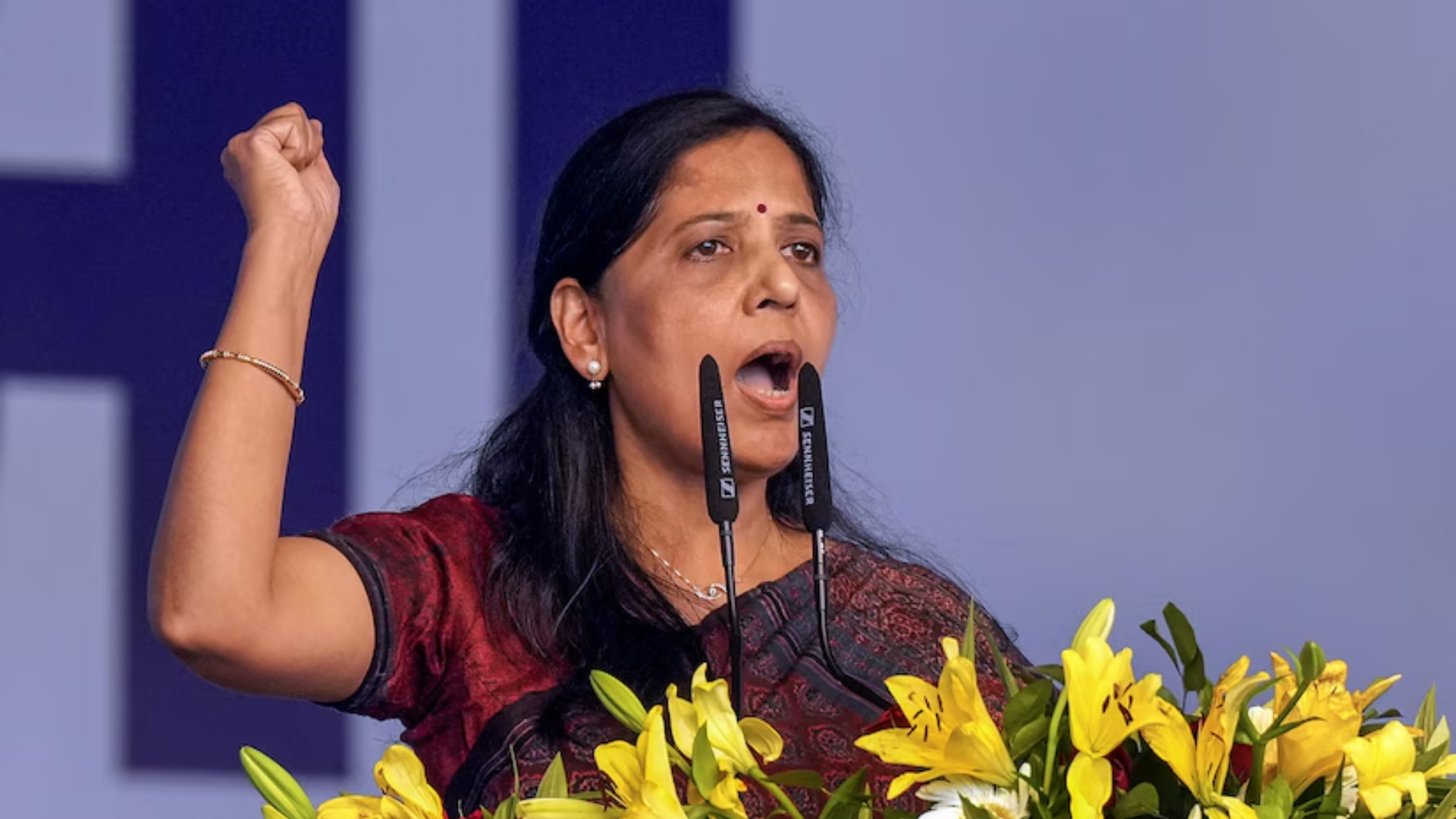
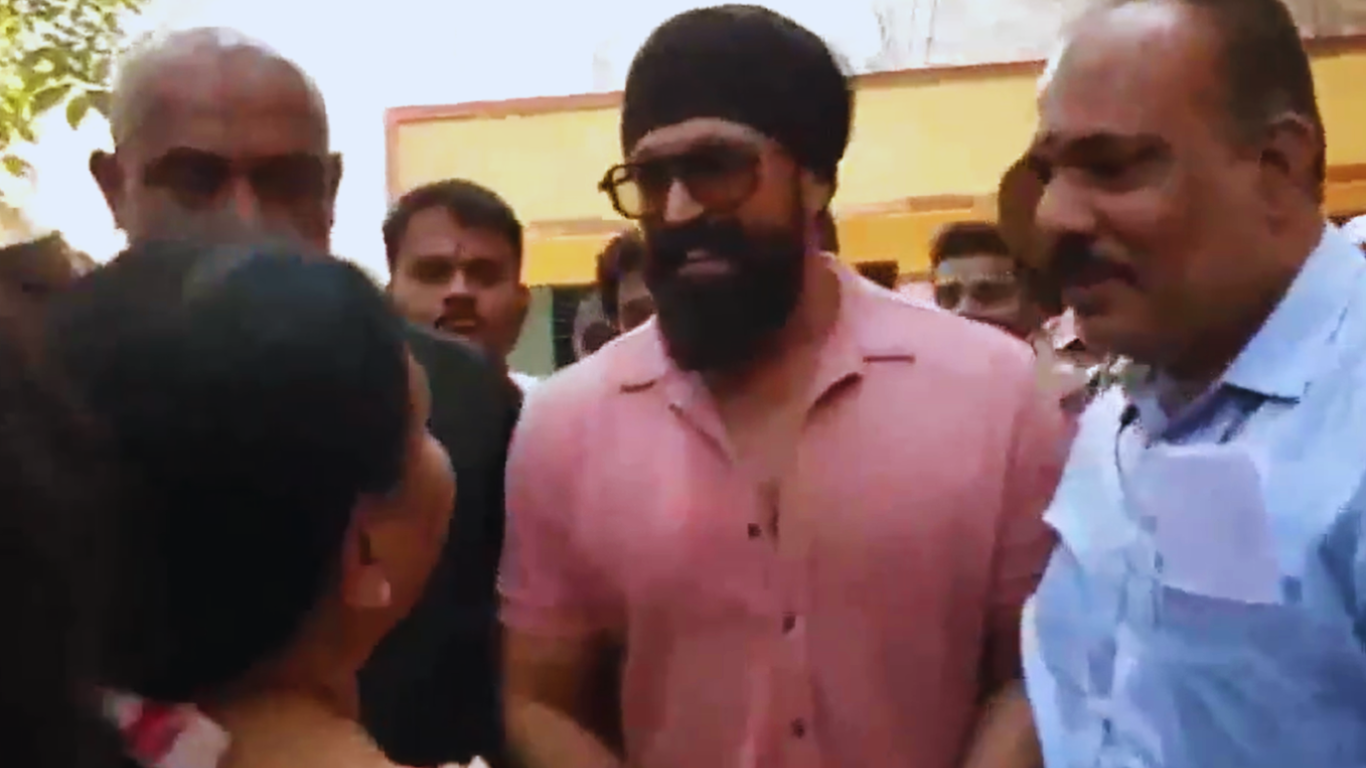
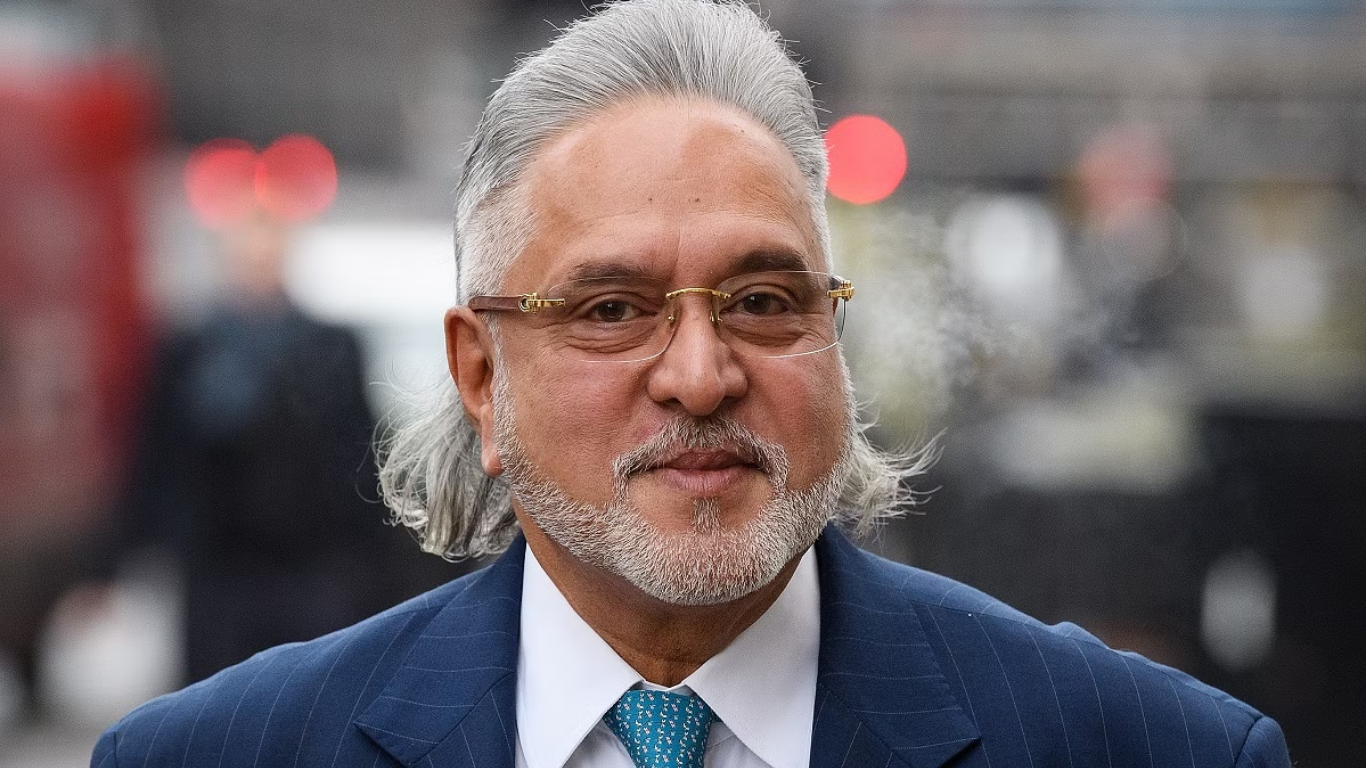

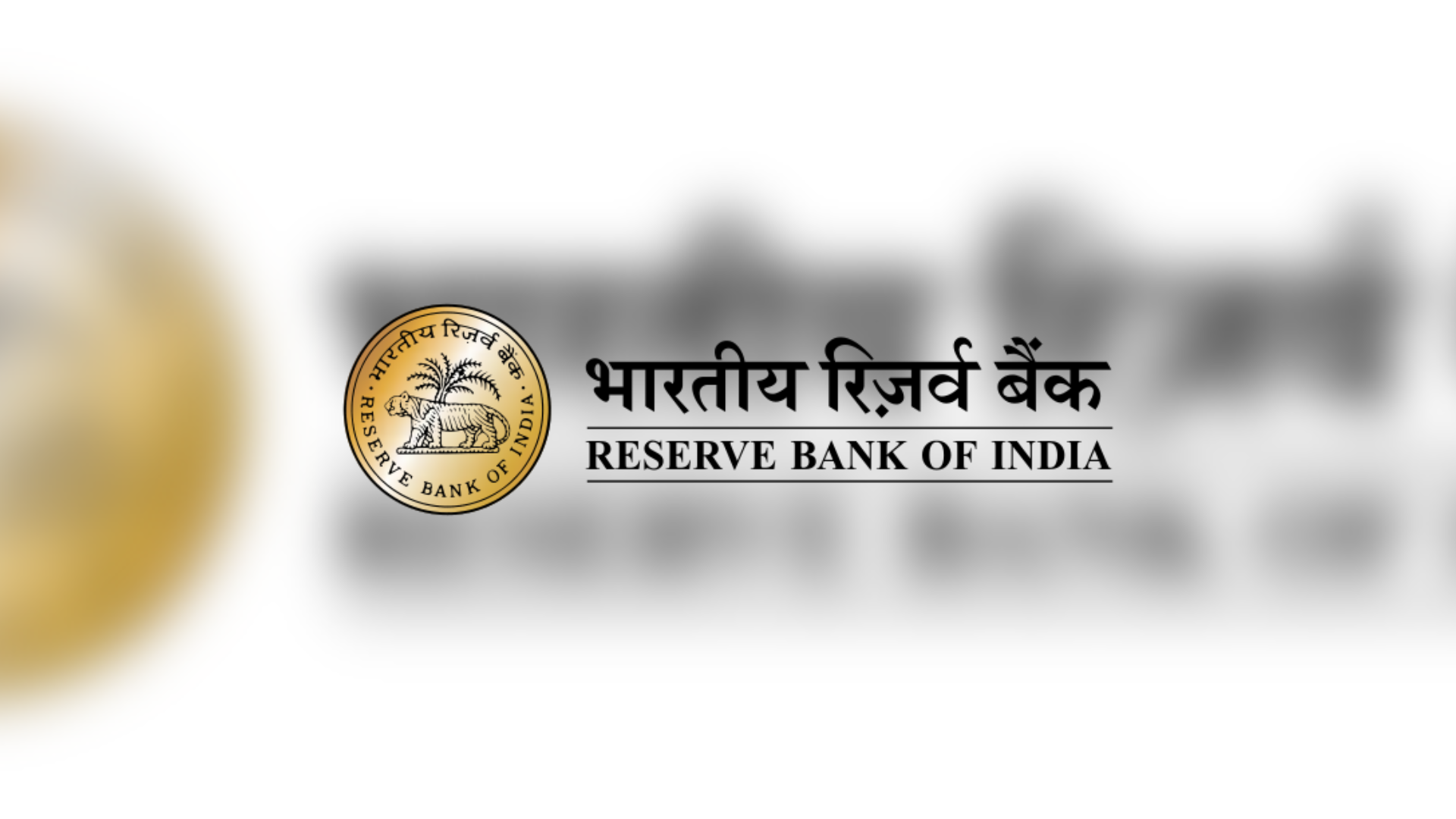
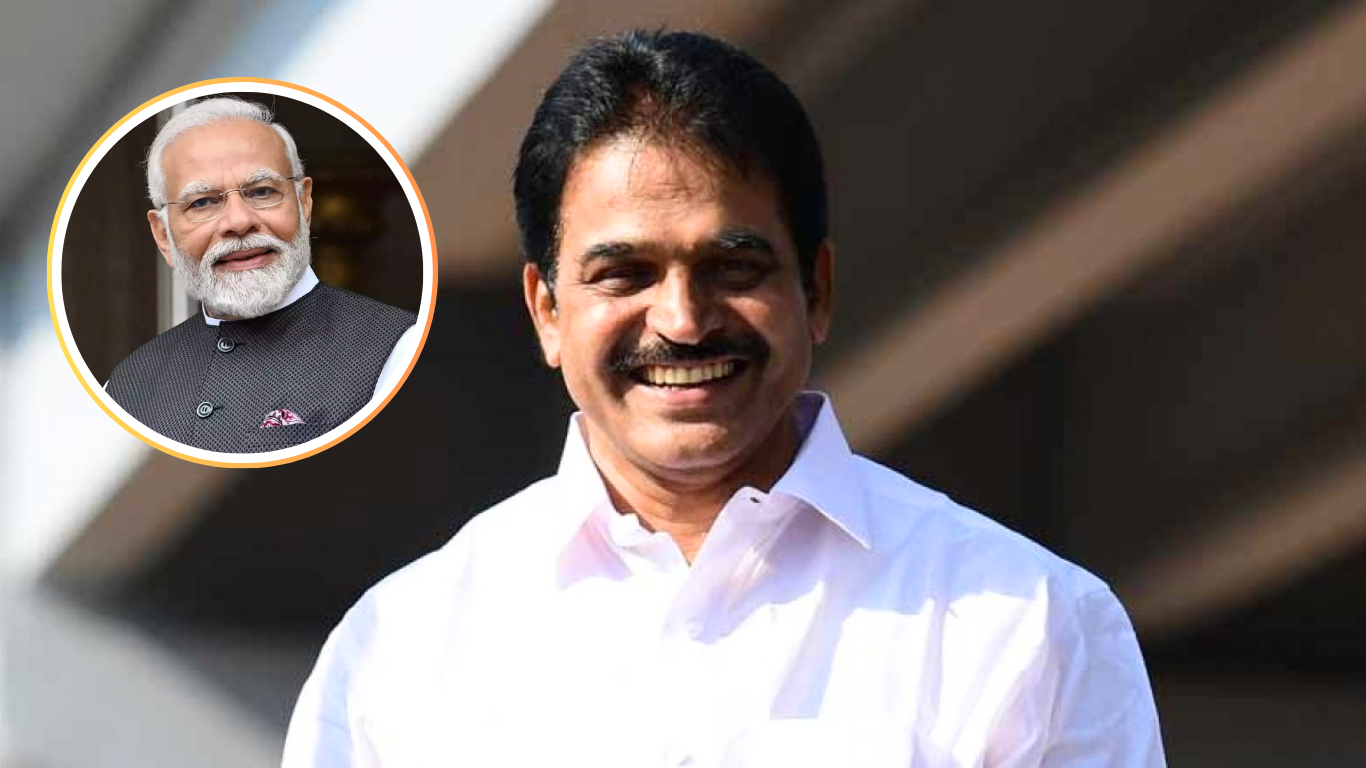
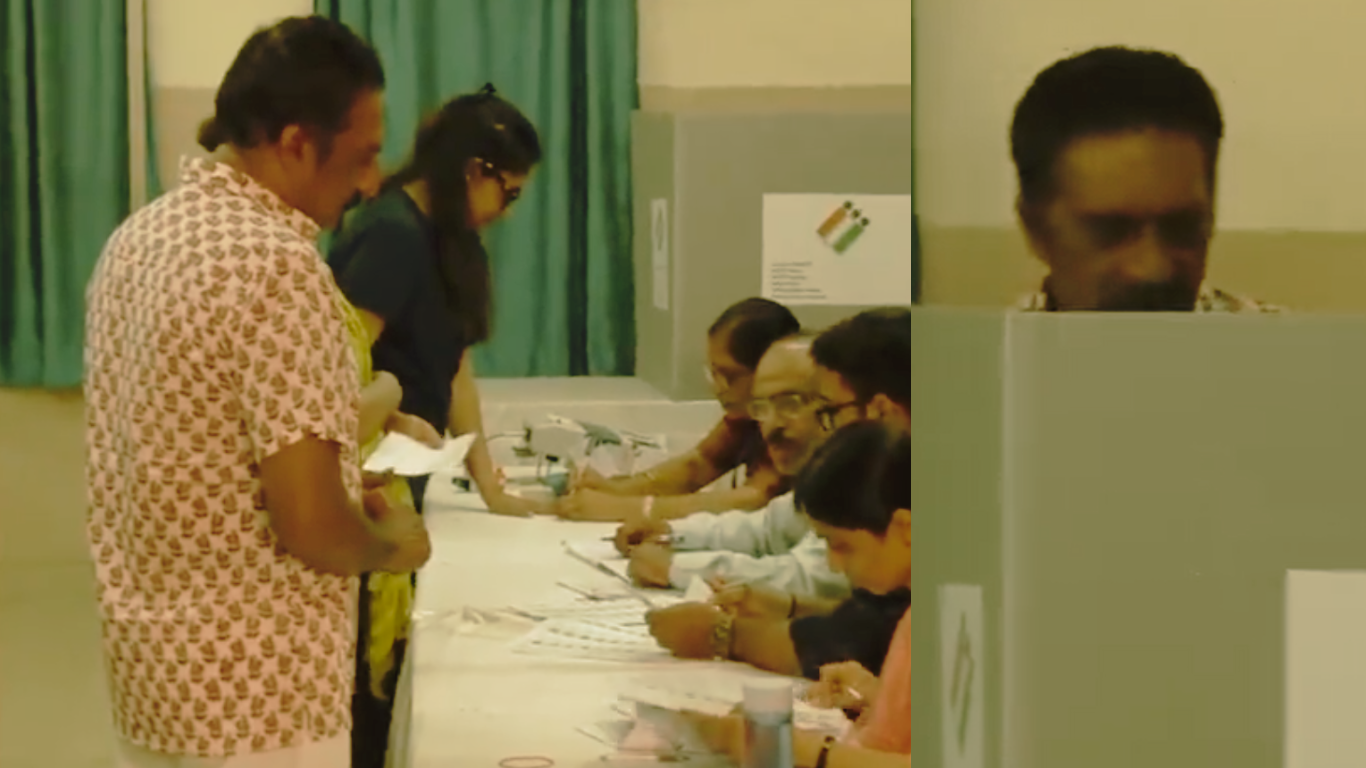

The Supreme Court on Wednesday described hate speech as a “poison” that threatens the social fabric of the nation and lamented the absence of a legal framework that could prevent such statements from being spread through television debates. The Court also gave the Centre two months to decide whether it plans to introduce legislation that would make “hate speech” a criminal offence.
According to the supreme court, TV networks were promoting “hatred and all such spicy stuff” to boost their viewership. It questioned why the government was acting as a “silent spectator” and stated that a TV host had a responsibility to stop hate speech from airing.
If we are consuming hate speech, where is our country going? A bench of justices KM Joseph and Hrishikesh Roy stated this after hearing a number of petitions calling for guidelines to control hate speech and attacks on Muslims based on a false perception propagated by the media. “Hate speech is utterly ruining our social fabric,” the bench said.
“How will the message go across unless the cost of infringement is heavy on violators?” The bench remarked, citing TV debates as contributing to the issue of hatred-spreading.The bench stated: “The problem is we do not have a regulatory mechanism with television and they are not being dealt with under a correct legal framework. The channels are bringing in hate and all such hot stuff to enhance TRPs and there is no mechanism to deal with it.”
A group of 11 petitions asking for guidelines to control hate speech were being heard by the Supreme Court’s bench. One of the petitions was directed against the Sudarshan News TV programme “UPSC Jihad.” The “Dharam Sansad” was criticised, and social media posts spreading the Covid-19 pandemic were among the others.
Bharatiya Janata Party politician and attorney Ashwini Kumar Upadhyay, one of the petitioners before the court, referred to a report from the Law Commission of India from March 2017 that suggested changes to the Indian Penal Code (IPC) to make hate speech a criminal offence.
Why is the government treating it as a minor issue, the SC bench questioned the Centre’s silence on the matter. This is a really important issue right now. You must take the initiative and submit your response. The bench continued, “By the next date, the Union of India will clarify its stand with regard to the proposal of the Law Commission of India on whether it is contemplating any legislation,” and continued to postpone the subject until November 23.
The Law Commission recommended adding two new sections to the IPC: Section 505A (prohibiting the inciting of violence in specific circumstances) and Section 153C (prohibiting the incitation of hatred). Upadhyay informed the court that cases are being filed under Sections 153A (promoting enmity), Section 295A (deliberate acts intended to outrage religious feelings), and Section 298 (uttering words to wound religious feelings of a person) because there is no definition of hate speech under the law, and violators are exempt from punishment under these provisions.
The judges asked, “Why is the government acting like a silent observer while all this is going on?” Governments and political parties will come and go, it informed the Center. In the end, the country will survive, and institutions like the press will continue.
The National Broadcasting Standards Authority (NBSAattorney, )’s Nisha Bhambhani, told the court that TV broadcasters that violate the Programme Code receive notices and must pay fines. The bench thought that such a punishment was insufficient, saying that it would not even cause a little dent in their pockets.
“Mainstream channels are dominant, and the anchor’s position is crucial. The anchor must intervene when they perceive that someone is about to make hate speech. Media freedom of expression is unquestionably important, but we also need to know when to draw the line, the justices ruled. “Every anchor has their own opinions. But what’s wrong is that those who hold other opinions can’t express them.
The top court considered that, until the government introduced a law, it might issue directives along the lines of the Vishaka judgement, in which the court established rules regarding workplace sexual harassment in 1997. These rules held the ground until a law was introduced by Parliament in 2013. The court ordered the Center to handle this subject cooperatively in order to set up a functioning institutional structure to address the aforementioned circumstance.
The effort made by the Court is on the correct path, according to senior attorney Rakesh Dwivedi. It will be worthwhile to try if this somewhat lowers the volume of televised debates and social media narratives. He added, “People and political parties have a responsibility to see that such voices do not receive the prominence they seek.”
Read more: India was cautious of US for five decades before overcoming presumptions: EAM Jaishankar


